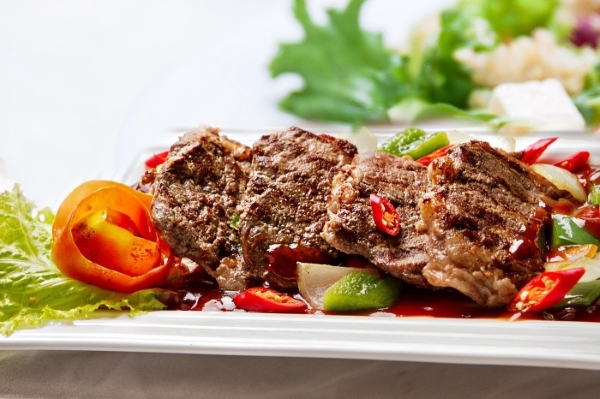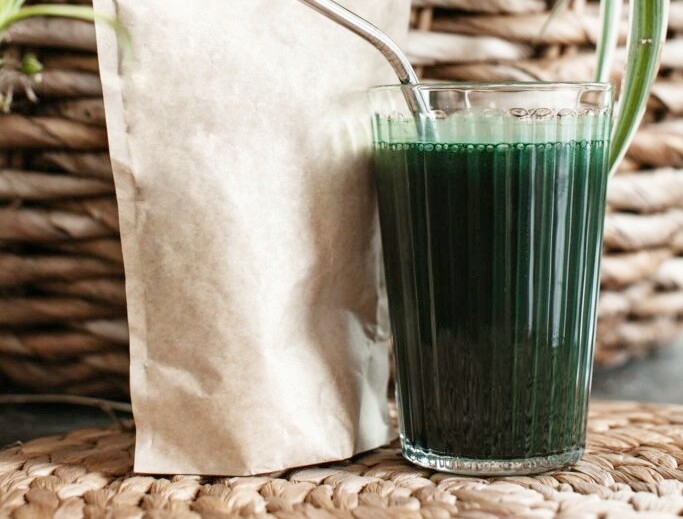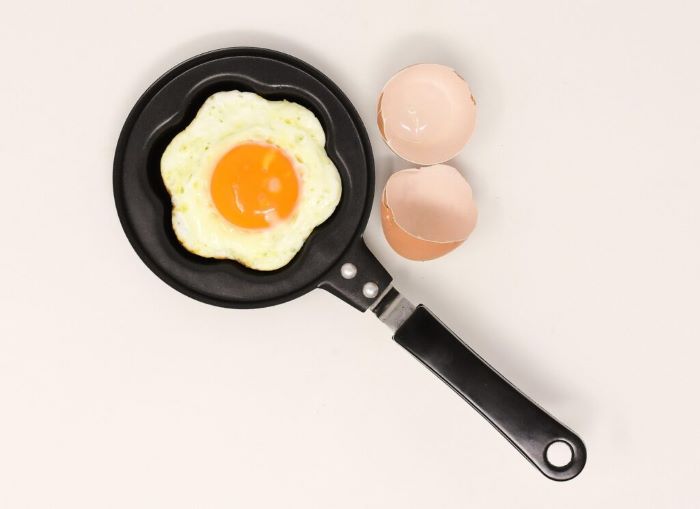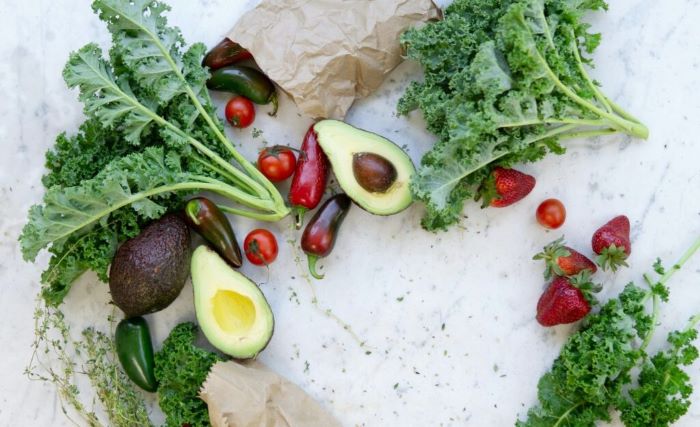
Anemia – How to Naturally Replenish Iron, B12, and Folate
Anemia is one of the most common conditions affecting pregnant women. It typically develops during the second trimester when the body rapidly increases red blood cell production to supply the baby with sufficient oxygen. During this period, the demand for iron rises significantly, as it is essential for the proper development of both the baby and the placenta.
However, anemia during pregnancy is not always due to iron deficiency. It can also result from a lack of vitamin B12 or folate. All three nutrients play vital roles in producing healthy red blood cells. Deficiencies caused by poor diet or malabsorption issues can lead to anemia, posing serious health risks to both the mother and baby.
Iron in Pregnancy – How Much Do You Need and How to Maintain Optimal Levels?

During pregnancy, your iron requirements increase considerably. The recommended daily intake is 27 mg, compared to only 18 mg for non-pregnant women. Why is this important? Iron deficiency raises the risk of preterm birth, low birth weight, and may even cause neurological issues in the baby.
Therefore, it’s crucial to ensure a sufficient iron supply from the early stages of pregnancy. Regular iron level checks—ideally as frequent as thyroid hormone tests—help detect deficiencies early so that necessary measures can be taken.
Women with Hashimoto’s – Higher Risk of Anemia During Pregnancy
If you have Hashimoto’s or hypothyroidism, it’s essential to pay extra attention to your iron levels during pregnancy. Iron deficiency not only increases the risk of anemia but also impairs thyroid function, which can further delay the baby’s neurological development. Ensuring adequate iron intake from the beginning of pregnancy is vital, especially for women with autoimmune conditions. Monitoring your ferritin levels regularly allows you to respond promptly and prevent potential complications.
My Experience with Anemia
During my first pregnancy, I discovered I had anemia relatively late—in the second trimester—when my iron levels were already alarmingly low. My doctor prescribed ferrous sulfate, which turned out to be a poor choice for iron supplementation. It caused constipation, heartburn, and nausea, making it difficult for me to take regularly.
In a study involving 500 women taking ferrous sulfate, 45% reported side effects such as constipation, diarrhea, or nausea. Among those who discontinued supplementation, 89% did so due to intolerable side effects.
Why Food-Based Iron Is More Effective Than Supplements

Whenever possible, it’s best to obtain iron from natural food sources. The body absorbs iron from food much more efficiently than from tablets. Importantly, heme iron (from animal sources) is absorbed 2–4 times more effectively than non-heme iron (from plants). Therefore, if you are not vegetarian, prioritize the consumption of meat and organ meats.
Top Sources of Heme Iron:
- Liver and other organ meats (preferably organic)
- Grass-fed beef (available at Lidl UK)
- Oysters and sardines
- Dark poultry meat (chicken thighs and drumsticks)
If you live in the UK, I recommend buying organic liver at Waitrose or free-range chicken drumsticks at Asda, which cost around £4 if you are on a budget.
Plant-Based Sources of Non-Heme Iron:
- Kale (opt for organic)
- Beetroot – especially beet kvass, which not only provides iron but also contains gut-friendly bacteria that help prevent constipation
- Lentils and chickpeas
- Spinach
- Black beans
- Pistachios
- Sunflower seeds
- Spirulina
Spirulina vs. Synthetic Iron – Which Is Better for Anemia:

If you choose to supplement with spirulina, make sure to select products from trusted sources. Spirulina can accumulate heavy metals if grown in polluted conditions. Avoid spirulina from China, even if it’s labeled “organic.” In the UK, opt for Hawaiian spirulina, known for its purity and high quality. In Poland, Algivital spirulina (produced in Spain) meets strict quality standards.
Interestingly, a study on pregnant women taking 1,500 mg of spirulina daily showed significantly lower rates of anemia compared to those supplementing with 90 mg of ferrous sulfate. This suggests that spirulina may be both more effective and better tolerated than synthetic iron supplements.
The Best Forms of Iron for Pregnancy – Food and Supplements
If your doctor prescribes ferrous sulfate, it’s best to avoid it. This form of iron has low bioavailability and often causes constipation, nausea, and heartburn. Instead, choose more easily absorbed and gentler forms, such as:
- Desiccated liver – A natural source of heme iron that is better absorbed than synthetic supplements. Liver capsules are more effective in treating pregnancy-related anemia than iron tablets.
- Iron bisglycinate – This is gentle on the stomach, well-tolerated, and causes 50% fewer side effects than ferrous sulfate. A recommended supplement is Gentle Iron by Solgar, available in many countries.
If your diet lacks sufficient iron, consider these gentler and more effective supplement options.
Combine Iron with Vitamin C for Better Absorption!
To enhance the absorption of iron from food or supplements, combine it with vitamin C. This powerful duo significantly improves iron uptake, supports red blood cell production, and helps prevent anemia.
How to Do It in Practice:
– Take iron supplements with orange juice instead of water.
– Add sauerkraut or fresh bell peppers to iron-rich meals (e.g., meat, legumes, spinach).
– Avoid combining iron with coffee, tea, or dairy, as these can hinder absorption.
How to Replenish Vitamin B12

Vitamin B12 is essential for red blood cell production, proper nervous system function, and DNA synthesis. A deficiency can lead to anemia, fatigue, and concentration issues.
Dietary Sources of Vitamin B12:
- Liver, sardines, shrimp
- Eggs, cheese, chicken
- Chlorella and nutritional yeast (good vegetarian options)
Supplementation:
If your diet does not provide enough B12, consider supplements. The best-absorbed form is a sublingual spray, such as Better You, which ensures fast absorption.
How to Replenish Folate

If you are pregnant, you have likely heard about the importance of folic acid supplementation. However, not all doctors inform women that 40–60% may have difficulty metabolizing synthetic folic acid due to MTHFR gene mutations.
What Does This Mean?
If you are taking regular folic acid supplements (e.g., Pregnacare), consider switching to the active form—methylfolate (5-MTHF). It is more bioavailable and immediately usable by the body, making it more effective in preventing neural tube defects and supporting the baby’s development.
Choose Wisely: Go for the methylated form!
Conclusion:
Anemia during pregnancy is a common issue that can have serious consequences for both mother and baby. To prevent it, ensure you maintain optimal levels of iron, vitamin B12, and folate from the first weeks of pregnancy. The best sources are whole foods—liver, meat, legumes, and beet kvass are excellent options. If needed, opt for highly bioavailable supplements, such as iron bisglycinate or desiccated liver.
Regularly testing your ferritin and B12 levels will help detect deficiencies early, allowing for timely intervention. A conscious approach to diet and supplementation during pregnancy is crucial in safeguarding your baby’s health.
Sources:
Lily Nichols, Real Food for Pregnancy
Notes and lectures from CNM College of Naturopathic Medicine London




